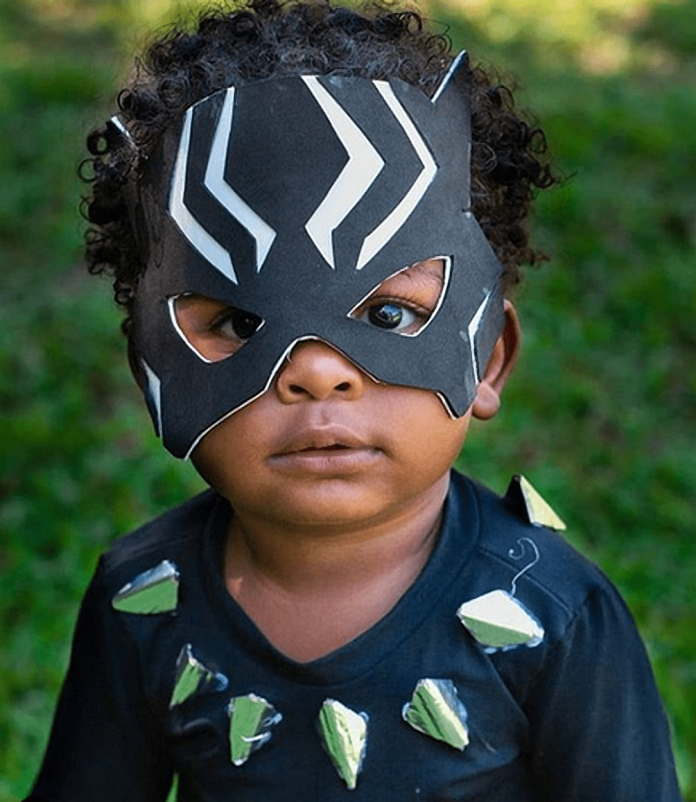How To Stop Toddler Hitting | 6 Gentle Parenting Tips
Hey guys, it’s Monica, today, I’m going to be sharing with you, some tips and ideas on how to deal with toddlers and young children who might be going through the hitting and aggressive behavior stage of their early development.
My goal is that by the end of this post you’ll have some effective tools on how to deal with these sometimes tense situations effectively and with love.

Let’s get into how to peacefully deal with aggression and hitting number one stay calm I know it can be very stressful. However, the most important thing to remember and one of the hardest things to do is to stay in control of our own emotions.
Remember that the initial trigger of emotion that you will be feeling is a stress response to fight-or-flight, and this is designed to get us out of trouble quickly.
When it comes to your toddler hitting you or someone else, they are not a serious threat and this is not an emergency, so stay calm and in control and don’t let your emotions control you.
When we think about it this is the exact thing: we’re actually trying to teach our children so that they learn to have control of their own emotions.
So take a deep breath be in control of your reactions and have a plan on how you’re going to deal with it and remember our children are not our enemies.
They are not trying to make our lives hard or trying to give us a hard time. They’re, usually really struggling with their own emotions and going through a hard time, and in my opinion, these are great learning opportunities to teach our children how to react when stressed and triggered.
We need to let them know that we care and we’re listening to their concerns. We have to remember that we have to connect with them before we can get anything through to them.
look your child in the eyes and calmly, listen to them and empathize, with whatever it was that triggered the behavior/emotional outburst you are witnessing.
Let’s say for example your little one want’s to play with his favorite toy train but his sister won’t let him and he’s having a meltdown and throwing a temper tantrum.
At this point, you could ask him to tell you more about how they’re feeling so that they feel listened too this isn’t meant as a way for you to condone their bad behavior or justify their aggression.
This is to help them learn how to express their feelings and words in inappropriate ways and help them understand their feelings.
You want to help them get out of that fight-or-flight response that triggered the behavior in the first place in order for them to feel safe and secure we have to be as non-threatening and neutral as possible.
This is when we can ask them: how do you think this makes the other person feel when you do this, and we have to do this without introducing shame or threatening them. Because, if they do feel threatened, then they’ll shut down and they won’t be able to hear What we’re saying.
We want our little one to know that we are here to help them because they really don’t want to ask they just want to feel in control of their emotions.
Once your little one is calm they will be more receptive and better able to empathize with what caused the issue in the first place and we can give them tools, and we can talk it out with them.
Give them different scenarios, ask them what they think they can do next time or what they think they can do differently next time.
If your little one is very young you can say next time if you’re feeling really upset. You can maybe ask your friend to share or ask if your sister if she wants to swap toys.
Or maybe you can help your little one to find another activity to do in the meantime and if it’s hard for you to wait, I can be there to help. You find something else to do.
Helping them work through their problems and finding a solution will give them the tools to handle the situation when it happens again in the future.
The above technique is much better in my humble position rather than just punishing them or scolding them or yelling at them as that won’t teach them what to do next time.
It’s important to never forget that we are giving them life skills and the tools for dealing with lifes frustrations as at this stage they’re learning and they’re very young with underdeveloped brains.
Our little ones are not going to know these things and it’s down to us as parents to help them. and give them that information and if we don’t have the information or tools we will need to educate ourselves so we can give them the tools.
Next as parents, what we want to do is understand what might be triggering our little ones behavior are they tired? Were they in an unfamiliar environment and feeling really anxious?
Maybe they haven’t had enough one-on-one time with you lately, and they are just feeling like they need some more attention it really helps to understand the trigger points that could be leading to your childs behavior.
Okay, guys. I really hope this was a helpful blog. As always please leave your thoughts below in the comments section.
Comments
0 comments




























